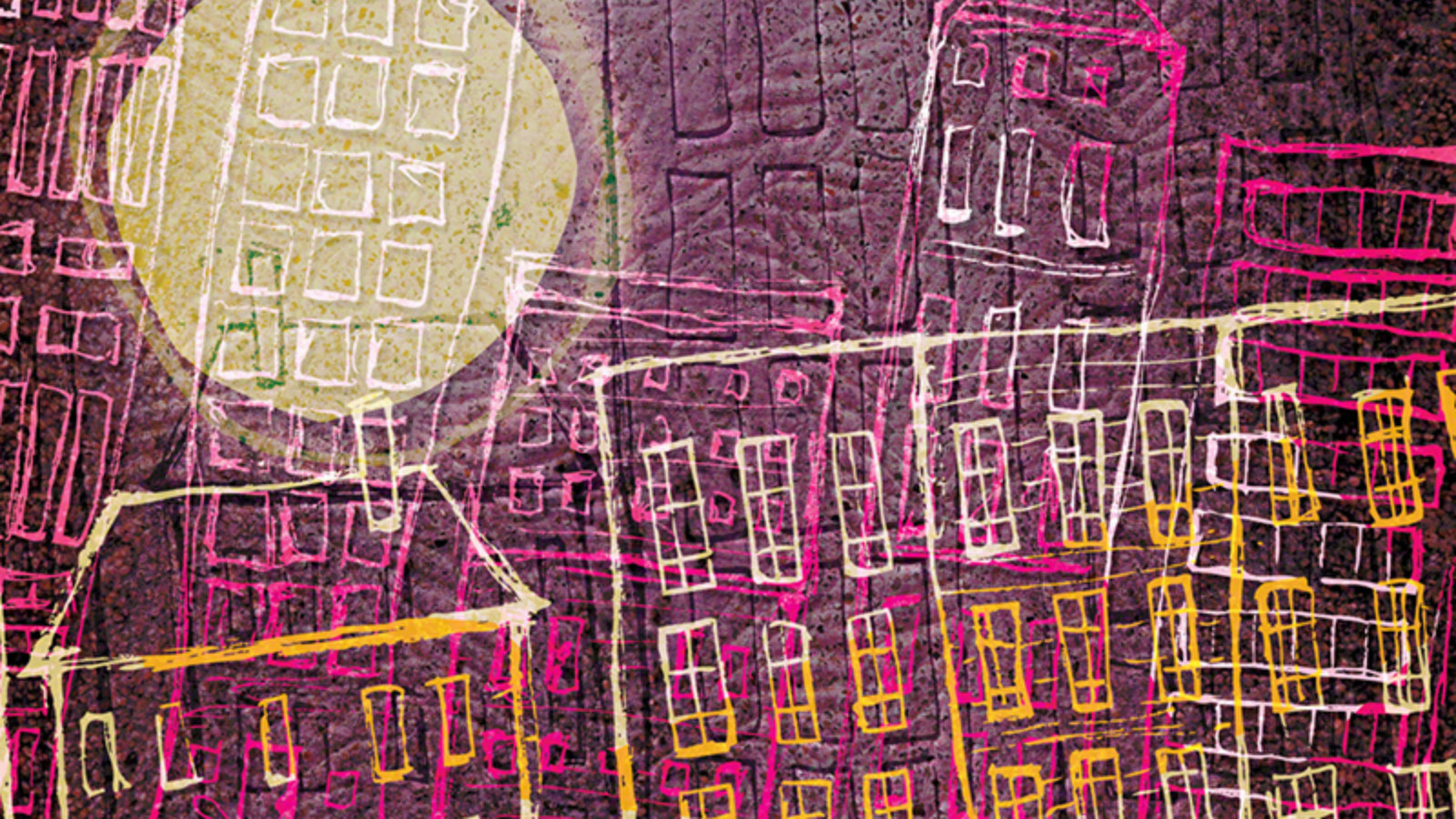Commentary on Parashat Bo, Exodus 10:1 - 13:16
There are aspects of the Passover story, of the Jews being spared and the separateness that they are marked with, as described in the Torah portion Bo, that rub up against some of my more modern and inclusive sensibilities. Having strong ties to academia and the arts, I’ll admit to being influenced by narratives that conflate separateness with narrowness and universalism with expansiveness.
Yet, in my most recent re-reading of Bo, that presumption has flipped. Even though the story — of the final three plagues (locust, darkness and death of the firstborn Egyptian child), the angel of death passing over the Jewish homes and the Exodus from Egypt — has remained the same.
My focus when it came to this text had long been rooted in these grim final three plagues, and also in imagining the faith required of each Jew to mark their doorpost with blood for the angel of death to pass over. And, finally, of course, to the actual Exodus from years of bondage. (There is a lot here — As we sing during the Passover seder “Dayenu” — this would have been enough) But in readings past, I’ve been less attuned to another crucial aspect of this portion: the beginning of Jewish time.
As God reveals:
The Lord said to Moses and Aaron in the land of Egypt: This month shall mark for you the beginning of the months; it shall be the first of the months for the year for you. (Exodus 12:1)
The Hebrew month of Nisan, when Passover falls, becomes the first month of the Hebrew calendar year (while Rosh Hashanah marks the beginning of creation), but, more significantly, it commemorates the transformation — both physically and spiritually, from slavery to freedom.
Additionally, we find in Bo, the command for passing down the Passover story, which is ultimately the Jewish story:
And you shall explain to your son on that day, it is because of what the Lord did for me when I went free from Egypt. And this shall serve you as a sign on your hand and as a reminder on your forehead — in order that the Teaching of the Lord may be in your mouth — that with a mighty hand the Lord freed you from Egypt. You shall keep this institution as its set time from year to year. (Exodus 13:8)
I’ve sat around many different Passover seder tables over the years. The same question is often posed to the participants, as a way to bring the story forward: What enslaves you today? And I hear similar answers, such as smartphones, such as social media, such as untenable schedules and expectations.
How amazing is it, then, to imagine our foremothers and forefathers exiting that narrow place, i.e., Mitzrayim (the Hebrew word for Egypt) — into the ever expansive Jewish time?
When I’m feeling overwhelmed and enslaved by the trappings of my modern urban life, it is a great solace to re-enter this story, now, as the mother of two children — and to be reminded of our time-bound separations (Shabbat, for example), a respite from many of our current-day shackles, and to recall the Passover Exodus — which places God at its center.
And while I still hold dear many tenets of and relationships to the secular world, I also recognize belief as what inspires openness within me. It is what teaches me to sanctify moments in my life, in the life of my family, and to see God in others. It is what allows me to slow down enough to consider the possibility of miracles, the expansiveness of both physical and spiritual transformation.
Rosh Hashanah
Pronounced: roshe hah-SHAH-nah, also roshe ha-shah-NAH, Origin: Hebrew, the Jewish new year.
seder
Pronounced: SAY-der, Origin: Hebrew, literally “order”; usually used to describe the ceremonial meal and telling of the Passover story on the first two nights of Passover. (In Israel, Jews have a seder only on the first night of Passover.)
Torah
Pronunced: TORE-uh, Origin: Hebrew, the Five Books of Moses.



